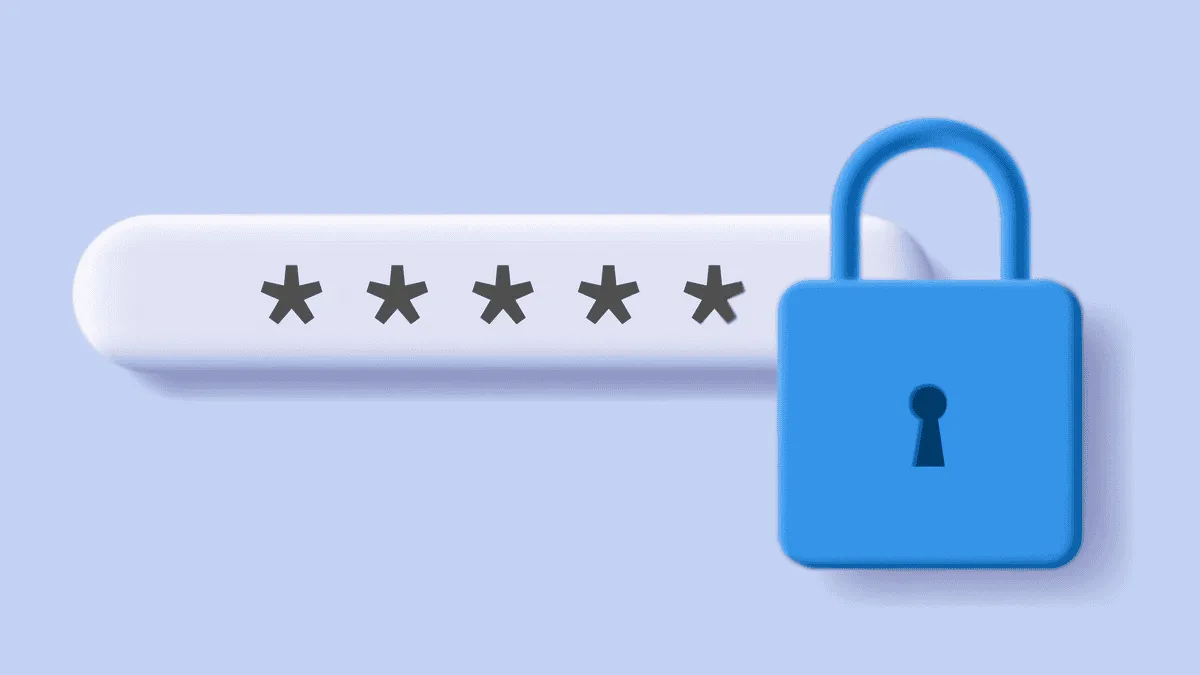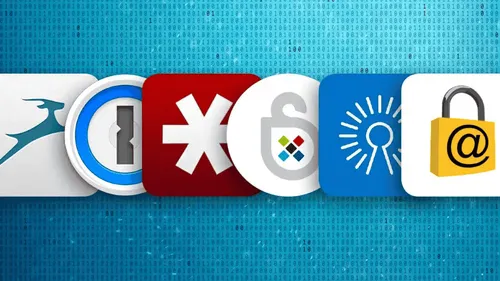
In today's digital age, security is one of the main pillars of online navigation. Most of our info is stored online through social media or online services. Even our money is locked behind applications that offer convenience and give us the ability to make quick and fast transactions. To keep all secure, most of these services are locked behind passwords. Having a single password for everything isn't recommended, be it secure or not. And, at the same time, it can be a difficult task to handle multiple passwords. A password manager simplifies this process by securely storing and organizing your passwords. In this article, we will discuss the benefits of a password manager. (Via: ).
What is a Password Manager?
As we've mentioned above, a password manager seamlessly improves your security and ease navigation by storing your passwords for more convenient usage. There are multiple benefits to using a password manager for navigation, and we will list them below:
- Enhanced Security: Password managers provide a safer alternative to writing passwords on paper or relying on memory. They use encryption to protect your login credentials.
- Convenience: They can store all your passwords in one place, making it easy to access and manage them. This is especially helpful given the numerous accounts most people have these days.
- Password Generation: Many password managers can create strong, unique passwords for you. This way it enhances security avoiding weak or repeated passwords.
- Auto-Fill: They often come with features that can automatically fill in login details on websites and apps, saving you time and effort.
- Synchronization: Password managers can sync across multiple devices, ensuring you have access to your passwords whether you're on your phone, tablet, or computer.
- Organizational Features: They allow you to categorize and store other sensitive information, like credit card details and secure notes, in an organized manner.
There are different types of managers, but they work in the same way
Simply put, a password manager is a safe tool that helps you add, store, and use usernames and passwords for different accounts, like apps, websites, and devices. It keeps your login details safe and makes it easier to handle many passwords. It also has features like auto-fill, strong password creation, and syncing across devices, making your online life both easier and safer.

There are both free and paid password managers available. Free options typically provide basic functionality, which might be sufficient for some users, but they often come with limitations. These might include restricted storage capacity, fewer security features, or limited device synchronization. Many free versions offer a paid upgrade that unlocks the full suite of features, including advanced security measures and additional tools for better password management. Paid password managers usually provide a more comprehensive service, ensuring your passwords are as secure and accessible as possible. Using a password manager can significantly enhance your online security. It makes usage simpler and safer to handle the growing number of passwords required in today’s digital world.
How a Password Manager Works to Enhance Security?
A password manager works by securely storing your login credentials and simplifying the process of accessing them. When you set up a password manager, the first step is to create a master password. This master password is crucial as it unlocks the password manager itself. Some password managers also support biometric authentication, such as fingerprints, allowing you to use these in addition to or instead of the master password.
Most password managers simplify the login process with features like copy-and-paste actions, so you don’t have to manually enter your username and password each time. Many also offer an autofill function, which can automatically input your login details directly from the tool. This autofill feature is particularly useful on mobile devices, where typing can be cumbersome.

For instance, when you are prompted to log in to an app, you might see an option to use your password manager. By selecting this option, you can open the password manager, choose the correct account, and watch as your username and password are automatically filled in the appropriate fields. This not only saves time but also ensures that your credentials are entered correctly, enhancing both security and convenience.
Another extra security feature in these apps is that when you finish using it, or if it offers a timeout, it will close automatically. Therefore, you will need to re-input your password whenever you need to reopen it.
How Does It Ease the Usage of Apps/Services Locked Behind Passwords?
A password manager provides several essential functions to help you manage and secure your login credentials efficiently. While different password managers come with their unique features, there are some basic capabilities you can rely on. Primarily, a password manager allows you to add, edit, and delete passwords and usernames for both new and existing logins. This makes it easy to keep all your credentials up to date-and organized in one place.
One of the most useful features many password managers offer is the ability to generate strong, random passwords. Creating unique and secure passwords can be challenging, but a password manager can generate them for you and automatically save them to the corresponding accounts, ensuring you always have strong passwords without the hassle of coming up with them yourself.

In addition to storing usernames and passwords, a password manager can also save other sensitive information. This might include payment details, health information, and secure notes. These managers often allow you to organize your accounts and logins using folders or tags, making it easier to find and manage your data.
Overall, a password manager simplifies the process of managing your digital security, ensuring that your passwords are strong, unique, and easily accessible whenever you need them.
Common Password Managers
Password managers come in various forms, including computer software, mobile apps, browser extensions, and built-in tools on specific devices and web browsers. These tools help manage and secure your passwords across different platforms and devices. For instance, Android, Google, and Chrome users can utilize Google Password Manager, while iPhone, iPad, and Mac users have access to iCloud Keychain. These free tools sync your passwords with your master account, providing convenient access across all your devices.

Some Antivirus software often includes password management features as well. McAfee, Norton, and Bitdefender, for example, offer integrated password managers as part of their security suites. These tools add an extra layer of convenience by combining antivirus protection with secure password storage.
There are also several third-party password managers available that work across multiple platforms. Popular options like 1Password, Bitwarden, and Dashlane offer both free and paid versions. These tools can be installed on your computer and mobile device. They ensure you have access to your passwords no matter where you are.
Most Popular Password Managers
Here is a Quick List of some of the most relevant password managers available in 2024.
- LastPass
- 1Password
- Dashlane
- Bitwarden
- KeePass
- RoboForm
- Keeper
- NordPass
- Sticky Password
- Enpass
Overall, whether you use built-in tools, antivirus features, or third-party applications, these password managers provide a reliable way to manage your passwords securely and conveniently.
Conclusion
As you've learned in this article, a Password Manager is a great tool that enhances security. Also, it makes your internet usage more convenient and seamless. There are multiple alternatives online, and it's great to try and explore some of the renowned offerings and see all the benefits that it has to offer. By centralizing your passwords and using strong, unique passwords for each account, password managers help protect your digital identity and sensitive data from unauthorized access and cyber threats.
Loading






